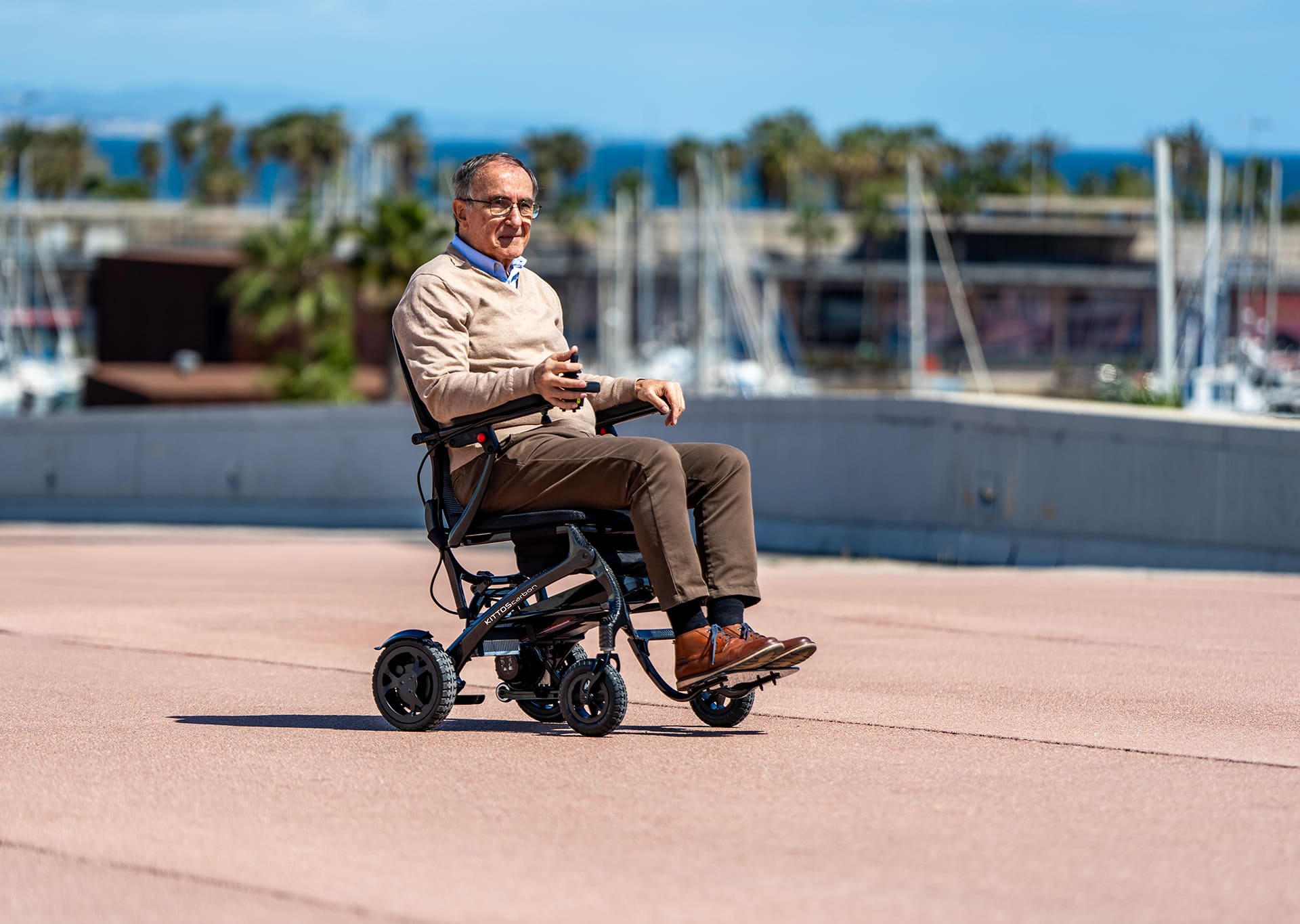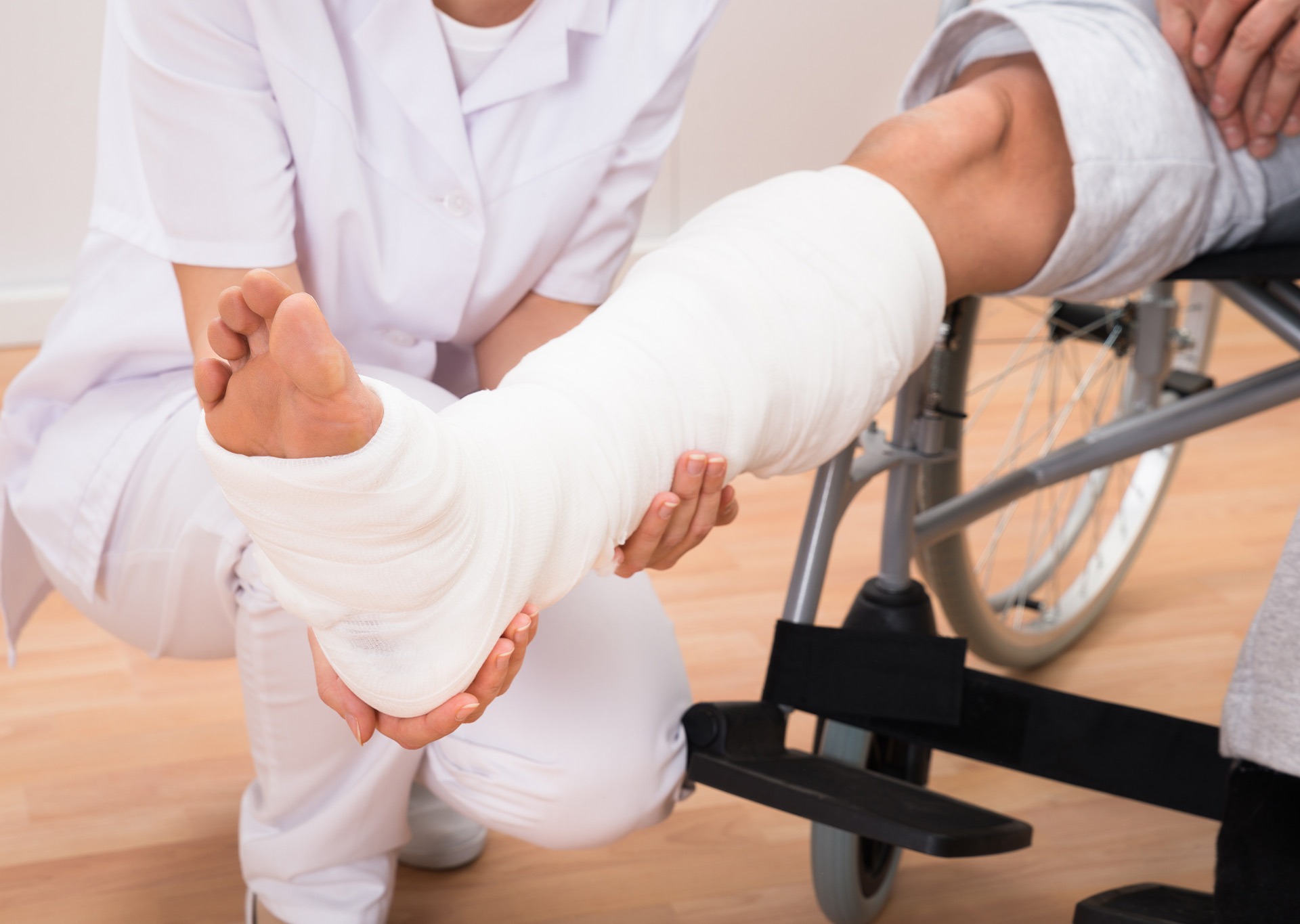
Wheelchairs: A Pillar in injury recovery
Mobility is a fundamental aspect of everyday life, and when an injury limits movement, recovery can become both a physical and emotional challenge. In this context, wheelchairs play a key role in providing support and autonomy to those undergoing a rehabilitation process. Thanks to advances in design and technology, these devices have evolved to adapt to different needs, ensuring greater comfort and improving the quality of life of users.
Wheelchairs have allowed millions of people around the world to overcome the barriers imposed by reduced mobility. Beyond being a simple means of transport, these devices represent a tool for inclusion and accessibility, enabling independence and participation in social and work life. As technology advances, wheelchair options have diversified, allowing each user to find the model that best fits their specific needs.
Reduced Mobility
Wheelchairs play a crucial role in injury recovery, providing mobility, comfort, and support during the rehabilitation process. These devices not only help with getting around, but also contribute to emotional well-being by fostering independence. Over the years, wheelchairs have evolved to fit the specific needs of people in the process of recovery, from temporary injuries to chronic conditions.
The process of recovering from an injury can be long and challenging. In these cases, having a suitable wheelchair can make all the difference in terms of quality of life. Often, recovery involves not only healing the injury itself, but also readapting the user to new mobility conditions. Modern wheelchairs are designed to support these processes, allowing people to maintain their independence and actively participate in their daily routines.
Adaptability and support in the recovery process
The ability to customize a wheelchair allows it to be adjusted to different types of injuries and treatments. For example, for those suffering from lower limb fractures or spinal cord injuries, a chair with an adjustable backrest and elevating footrests can relieve pressure and improve circulation. Not only does this speed up recovery, but it also reduces the risk of secondary complications such as pressure ulcers.
In addition, the lightness of modern materials such as aluminium and carbon fibre makes them easier to transport and use on a daily basis, making people feel more autonomous. Electric wheelchairs are ideal for those who need to avoid physical strain during their rehabilitation, while manual wheelchairs can be an effective option in the early stages when assisted mobility is limited.
Impact on emotional and physical well-being
Proper use of a wheelchair not only benefits the body, but also the mind. Regaining the ability to move with the aid of a chair allows people to maintain social connections and participate in everyday activities, essential elements in combating the anxiety and depression that often accompany an injury. The feeling of independence is essential to building confidence in the recovery process.
The emotional impact of an injury that affects mobility can be significant, generating frustration and a feeling of loss of autonomy. However, an appropriate wheelchair can help reduce these negative effects, giving users the ability to resume their daily activities normally. By being able to move around without limitations, people experience an improvement in their self-esteem and general well-being.
Conclusion
Wheelchairs are much more than mobility tools; they are fundamental allies in the rehabilitation process, providing physical support and strengthening emotional well-being. Choosing a chair that is appropriate to each person’s needs and ensuring its maintenance are essential aspects to optimize its functionality and improve the user’s quality of life. With the advancement of technology and ergonomic design, these devices continue to evolve, offering increasingly efficient and personalized solutions for those facing mobility challenges.








